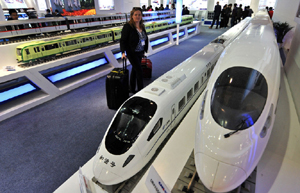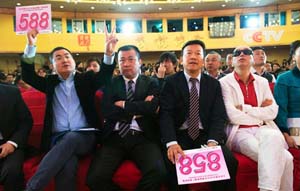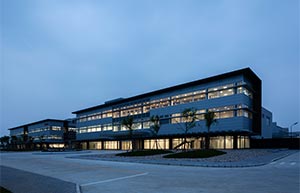

In the first 10 months, the electronics, power, real estate, transportation and automobile industries saw faster growth in profits, while sectors such as nonferrous metals, chemicals, coal and machinery suffered a decline in growth.
The recent key Party meeting, which set the course for China's economic reforms over the next decade, urged SOEs to improve the proportion of their capital gains paid in public financing projects to 30 percent by 2020, which will be used to improve people's livelihoods.
Although the asset-selling moves could temporarily retain their listed-company status, analysts said that large SOEs in sunset industries still face a significant number of challenges.
"These SOEs are too big to turn around, and their performances are not necessarily linked to the macroeconomic situation," said Yang Weixiao, a senior analyst at Lianxun Securities Co Ltd.
"The overall outlook of the Chinese economy is stabilizing via structural reforms, but it mainly relies on emerging industries, especially those in the booming service sector," Yang said.
He predicted that the poor performances of SOEs in traditional industries will continue in the short term and added that the scale of the companies will likely continue to shrink.
However, he said, a massive delisting of SOEs is not in the cards, as the securities regulator would issue special policies to prevent that to protect the interests of stock market investors.
"In a different scenario, these SOEs may also break up via another round of massive purchases of high-grade smaller companies or if resources companies use their capital strength," Yang added.
 Hot models shining at Auto Guangzhou 2013
Hot models shining at Auto Guangzhou 2013
 Survey: Big strides in domestic auto quality
Survey: Big strides in domestic auto quality
 Auto Guangzhou witnesses new Porsche sports cars Asia Premiere
Auto Guangzhou witnesses new Porsche sports cars Asia Premiere
 Rise of the south's biggest show
Rise of the south's biggest show
 Sew be it
Sew be it
 Latest trend in tram
Latest trend in tram
 CCTV 2014 advertising auction kicks off in Beijing
CCTV 2014 advertising auction kicks off in Beijing
 Toyota TMEC opens hybrid tech R&D operations
Toyota TMEC opens hybrid tech R&D operations